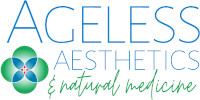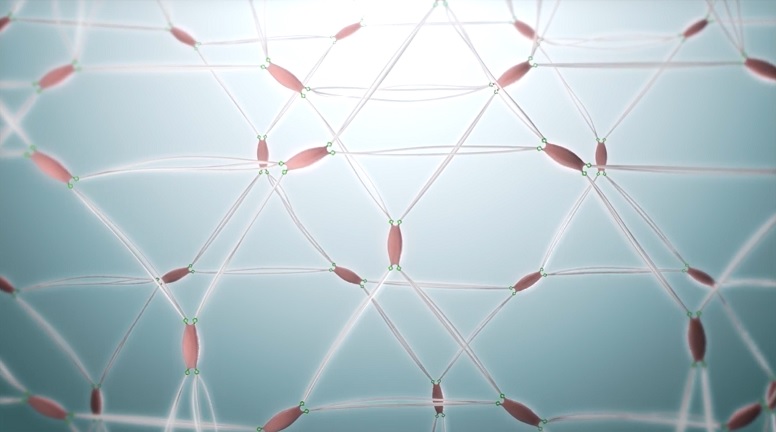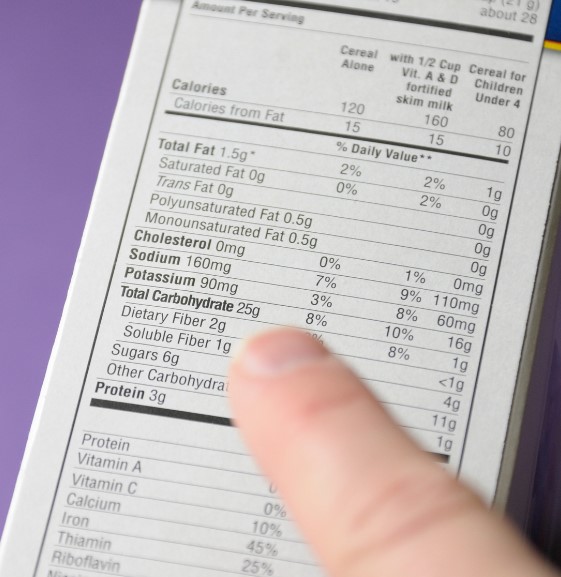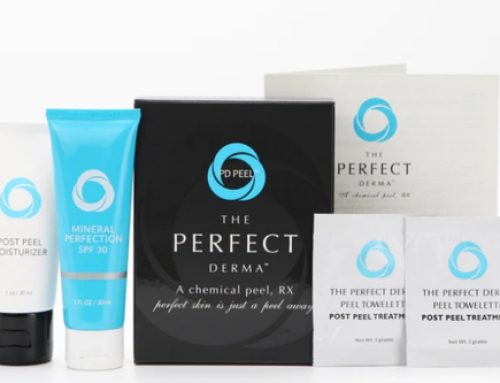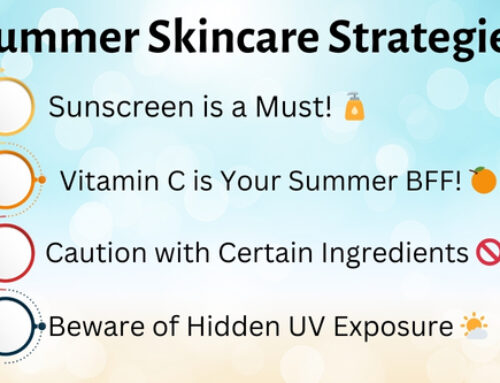Still snacking on leftover Halloween candy? Perfecting your Christmas cookie recipe? Making pumpkin, pecan, and apple pie for Thanksgiving? Sweet potato casserole? How about those New Years Eve cocktails? The Holidays are in full swing and ‘Tis the season of sugary sweets!

Sugar is pervasive in Western diets. It is in practically everything we eat. Unless your diet consists 100% of unprocessed vegetables and meat, I guarantee you are consuming some amount of hidden sugar. I dare you to find a packaged food that does not contain any sugar. Go ahead, try. Let me know how it goes. But remember, sugar is not just “sugar” on the label. It is also Dextrose, Fructose, Galactose, Glucose, Lactose, Maltose, Sucrose. . .
Anhydrous dextrose, brown sugar, cane crystals, unrefined cane sugar, corn sweetener, corn syrup, corn syrup solids, crystal dextrose, evaporated cane juice, fructose sweetener, fruit juice concentrates, high-fructose corn syrup, honey, liquid fructose, malt syrup, maple syrup, molasses, raw sugar, syrup and white sugar, agave nectar . . .
carbitol, diglycerides, disaccharides, evaporated cane juice, erythritol, fructooligosaccharides, glucitol (aka: sorbitol), inversol, isomalt, maltodextrin, malted barley, malts, mannitol, nectars, pentose, raisin syrup, ribose rice syrup, rice malt, rice syrup solids, sorghum syrup, sucanat, xylitol and zylose . . . the list goes on.
And yet, sugar is a culprit when it comes to many health issues. Besides the extra muffin on your waistline, it causes heart disease, diabetes, cognitive decline, Alzheimer’s disease (Type 3 Diabetes), and more. But here’s another surprise – sugar can also cause acne and premature aging of your skin. Yep, you read that right!
The Link Between Sugar And Aging
When you eat simple sugar, or anything containing sucrose, your body converts it into glucose and fructose. These two molecules interact with cells and the collagen in your skin (and the collagen throughout your entire body) to create Advanced Glycation End Products (AGEs) and free radicals. AGEs and free radicals cause the dreaded “Inflammation”. Inflammation causes all sorts of problems (leading to a host of other side effects), but also damages collagen making it stiff, dry, and brittle, which makes your skin stiffer, drier, less elastic and youthful, and more prone to wrinkles. I’ve talked about how important collagen is for skin health in this article, and this article.
What Does Sugar Do To Your Skin?
Causes Acne
Sugar is the main culprit behind acne. Sugar absorbs into the bloodstream quickly, causing spikes of insulin levels. When this happens, testosterone levels also go up, triggering more oil production in the body. Dead skin cells can’t shed fast enough and block pores when this happens. This creates a perfect environment for bacteria to grow, causing pimples, blackheads, and blemishes. High insulin spikes also weaken your immune system and the body’s ability to fight off acne-causing bacteria. So, instead of fighting off these bacteria, your body becomes more susceptible to them.
Triggers Rosacea and Eczema flare ups
Rosacea is a common skin disorder that causes facial redness, a rash that may look like acne, visible blood vessels, and thickened skin on the face. It can also cause symptoms in other body areas. There are multiple theories about how it affects your skin, but studies have shown that it is directly related to inflammation, which is directly caused by excess sugar consumption.
Damages Collagen and Elastin
Collagen and elastin form a mesh-like network and are the two proteins that keep skin looking fresh, plump, and youthful. On its own the collagen network is very stretchy and elastic. But Glucose and Fructose, the two molecule that make “sugar”, cause “cross-linking” which stiffens the collagen network. This means your skin is no longer stretchy and elastic, and cannot bounce back from wrinkles and crinkling, ergo fine lines are more apparent.
Dehydrates Your Skin
Drinking plenty of water helps flush toxins from your body, revitalize cells and keep your body and skin hydrated. But, surprise surprise, sugar can dehydrate your skin of its moisture, leading to dullness and premature aging. That’s because sugar is a diuretic, meaning it draws water out of your cells and out of your body (diuretics make you pee).
How to Identify ‘Hidden’ Sugars in Products
Sugar is found in almost all processed foods. Unless you’re eating a 100% whole, unprocessed foods diet, it’ll be difficult to avoid. But there are some tips to find “lower” sugar foods. So how do you know where sugar is lurking?
- Foods made with white flour, or any carbohydrate, like all-purpose flour, bread, rolls, muffins, pancakes, and waffles are usually loaded with sugar. Keep in mind that the body breaks down all carbohydrates into sugar. Your body doesn’t see the difference between eating a piece of bread, or rice, or potato, and eating a teaspoon of sugar.
- Check the ingredients list for syrups and words ending in “-ose,” like fructose or dextrose. (And all those other words for sugar listed above!) These are added sugars.
- Watch out for “concentrates”, “syrups” and “juice” — for example — malt syrup, brown rice syrup, maple syrup, evaporated cane juice, fruit juice, and cane juice.
How to Kick the Sugar Habit
Reducing sugar in your diet is challenging! It is a highly addictive substance and is almost everywhere you look. Imaging trying to quit smoking, but being presented with cigarettes 2-3 times a day, everywhere you go? But if you can reduce your sugar consumption it can not only helps you lose weight and improve your overall health, but can also help you look younger! Here are four ways to cut back on sugar:
Start with Soda Pop!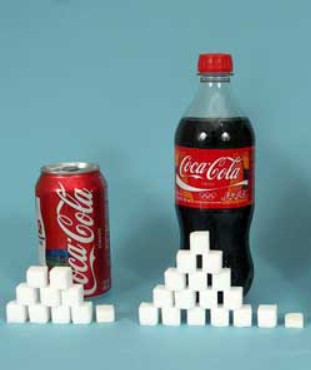
One can of soda pop has 10 teaspoons of sugar in it! Imaging counting out 10 teaspoons and putting it into a cup. And diet soda isn’t a good alternative either. Diet soda is actually an appetite stimulant, meaning it makes you hungrier. If you can make this one change, you’ll be well on your way to reducing your overall sugar load. “But plain water is boring!” Yeah, I agree. But herbal teas are fantastic!
Opt for Honey Over Granulated Sugar
Honey has a higher concentration of antioxidants than its granulated counterpart. Antioxidants can protect your body from the damaging effects of free radicals produced by exposure to pollution, UV rays, stress, and smoking. In addition, one study shows that honey consumption is associated with higher levels of skin moisture, which results in smoother and softer skin.
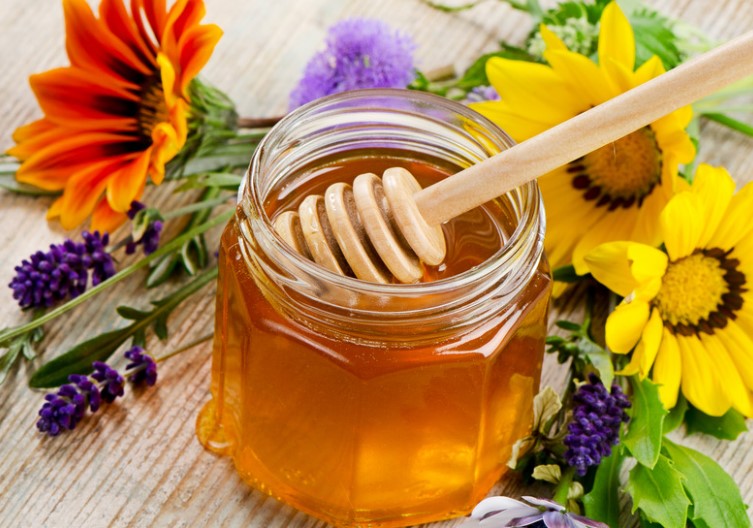 Try Unsweetened Drinks on the Go
Try Unsweetened Drinks on the Go
If you are heading out for a quick meal, bring unsweetened tea (or water) from home in a travel container or reusable bottle, so you have something to drink when you get there.
Limit The Amount of Added Sugars in Foods
Look for the words “sugar” or “syrup” near the top of the ingredients list on food labels. Products that contain more than a few grams of sugar per serving may contain added sugars. The American Heart Association recommends women limit their intake to no more than 100 calories per day from added sugars (about 6 teaspoons).
You should know that some of the causes of skin aging are beyond your control- things like genetics, sun exposure, and pollution all play a part in how your skin ages. However you can, with commitment and tenacity, control is the amount of sugar you eat.
Reducing sugar in the diet is a hard, and sometimes lonely, journey. But it has a host of benefits, not only for skin health, but for a healthy heart, healthy brain, and healthy functioning body.
Microneedling is an excellent skin rejuvenation technique that can stimulate your body to create new collagen, the protein that keeps skin plump and youthful. To learn more about how to improve your skin, book a virtual consultation and we’ll talk all about it.
[/fusion_text][/fusion_builder_column][/fusion_builder_row][/fusion_builder_container]
